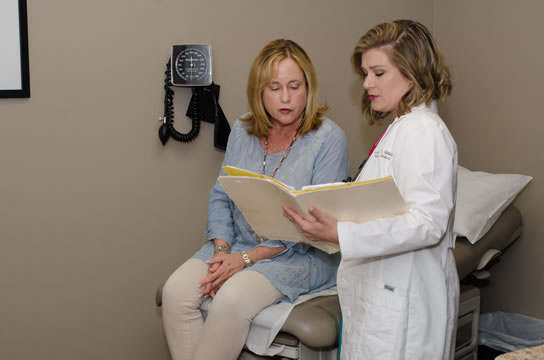In January 2016, Harvard published results from a study assessing the difference in care between male and female physicians.
One of the key questions addressed in the study was: Do patient outcomes differ between those treated by male and female physicians?
Using a national sample of hospitalized Medicare beneficiaries, researchers found that patients who receive care from female general internists have lower 30-day mortality and readmission rates than do patients cared for by male internists. These findings suggest that the differences in practice patterns between male and female physicians, as suggested in previous studies, may have important clinical implications for patient outcomes. Understanding exactly why these differences in care quality and practice patterns exist may provide valuable insights into improving quality of care for all patients, irrespective of who provides their care.
According to a report by Healthline, there are a few different reasons why female physicians may have better patient outcomes.
- Communication – According to the findings of Debra Roter, DrPH, a professor of health, behavior, and society at Johns Hopkins Bloomberg School of Public Health in Maryland, and her colleagues, female physicians typically conduct longer patient visits than male physicians. Additionally, they tend to ask more questions to elicit patients’ opinions and check for mutual understanding, and provide more counseling on psychosocial issues related to lifestyle, daily living activities, social relationships, coping strategies, and stress.
- Emotional Responsiveness – According to the same Healthline report, female physicians are also more emotionally responsive and more likely to express empathy, legitimation, concern and reassurance. Moreover, female physicians use more positive language and tone of voice. In response, both male and female patients tend to be more open with female physicians and disclose more information about their psychosocial [experiences], lifestyle, coping, and adjustment, but also about “their biomedical condition, giving more information about problems they might be having with their medications, or the recommendations for tests, or anything like that.”
- Engagement – Lastly, female physicians are also more likely to engage family members who accompany patients, which might be critically important for elderly patients.


